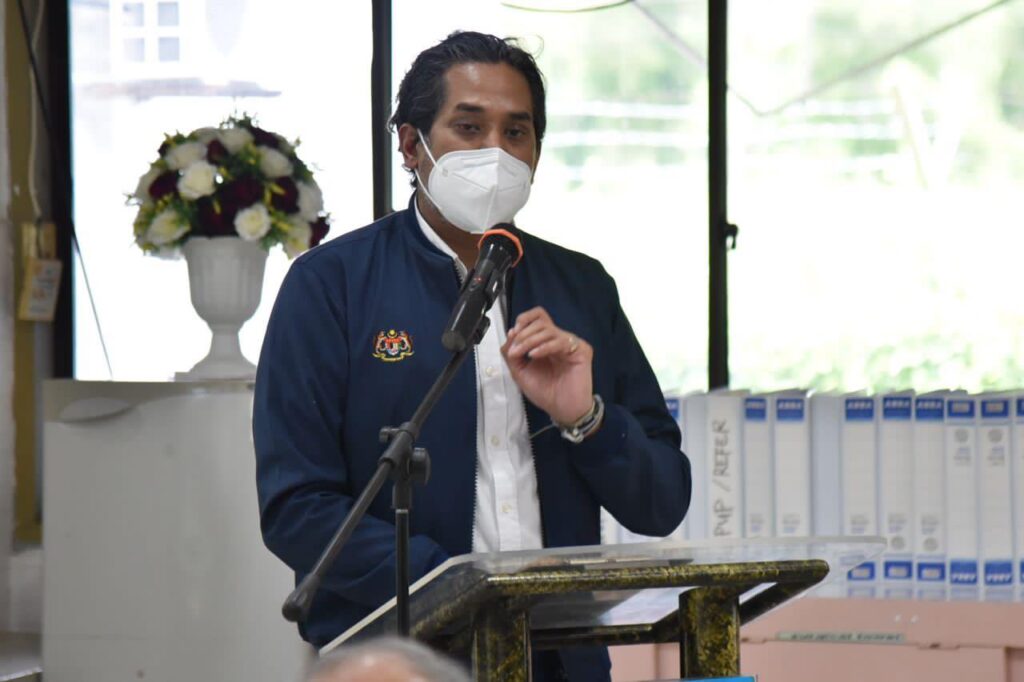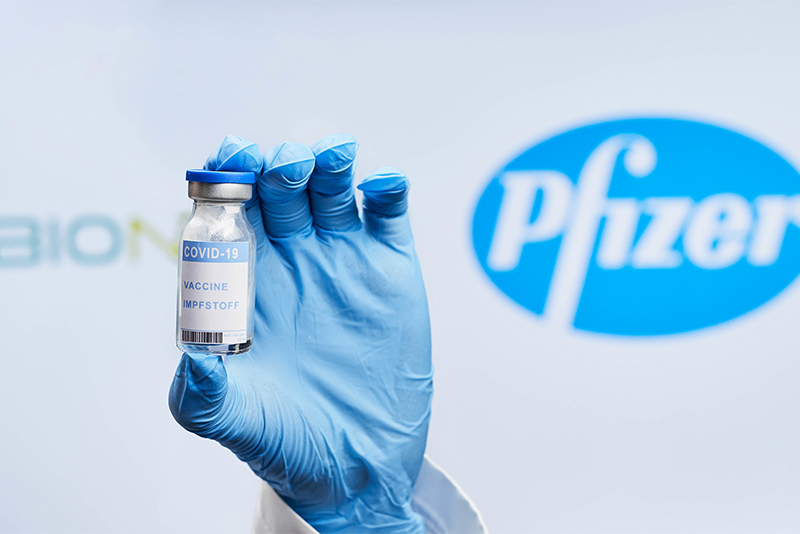As a comparison, the recommendation for Pfizer recipients to receive the additional shot is six months after the second dose while the time gap for Sinovac recipients is three months. Similar to the existing Pfizer and Sinovac recipients, those who have been administered with AstraZeneca will automatically receive their booster appointment through the MySejahtera app. At the same time, Khairy has also revealed that individuals will have choices other than the Pfizer vaccine for their booster shots if they have allergies and are unable to take the mRNA dose. The options may include Sinovac and AstraZeneca although further details regarding this will also be announced at a later date. The minister has also clarified that the definition of “fully vaccinated individuals” remains the same despite the booster rollout. What this means is that you are still considered as fully vaccinated even though you choose not to take the booster shot, as long as you have received both primary doses of the COVID-19 vaccine from Pfizer, Sinovac, or AstraZeneca. Malaysia has recently started administering booster shots and third doses to high-risk groups, which includes frontliners, the elderly with comorbidities, and those who are immunocompromised. The Comirnaty vaccine made by Pfizer-BioNTech was the first to be approved for use in Malaysia as a booster shot. The government also approved the mix-and-match method, known as heterologous vaccination, using the Pfizer jab as a booster for individuals who received a different brand of primer shots. Since no other vaccine brand has been approved as a booster yet, Pfizer recipients are currently being given homologous shots. (Source: Khairy Jamaluddin/Twitter)

